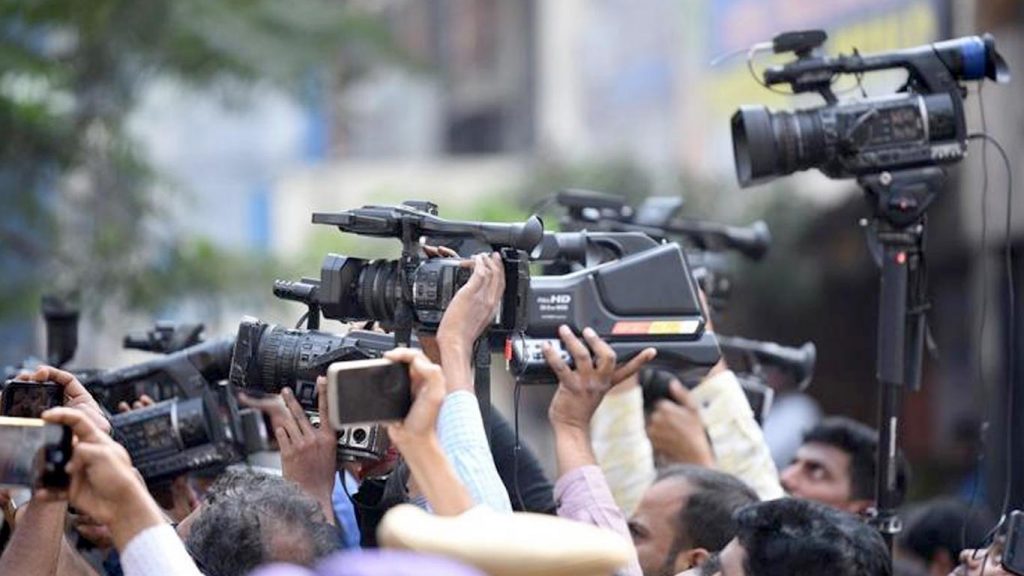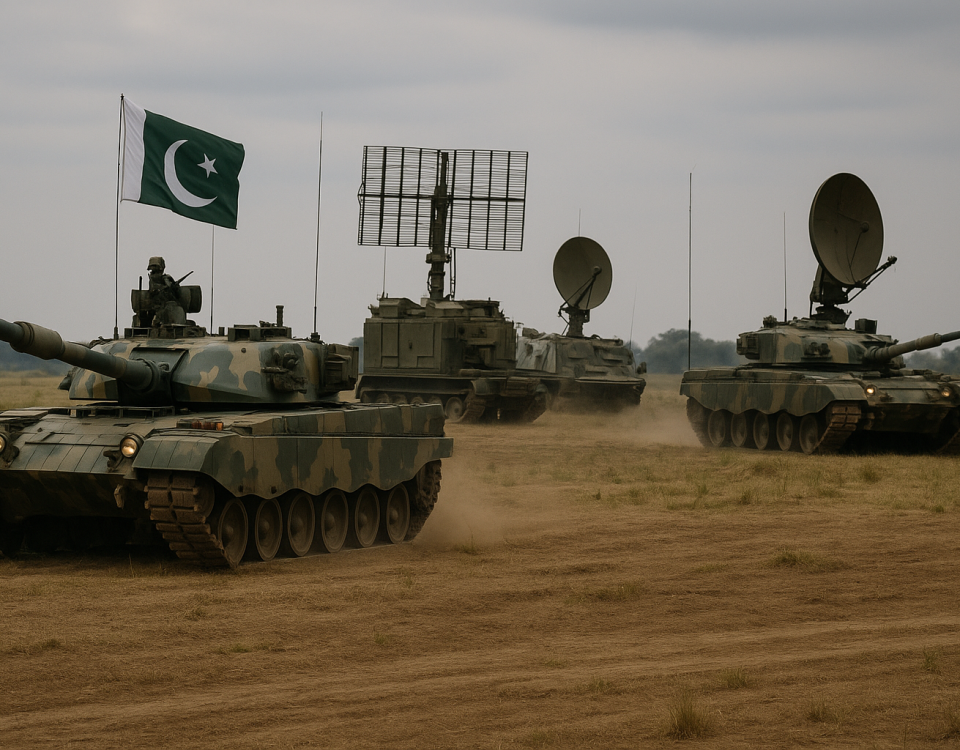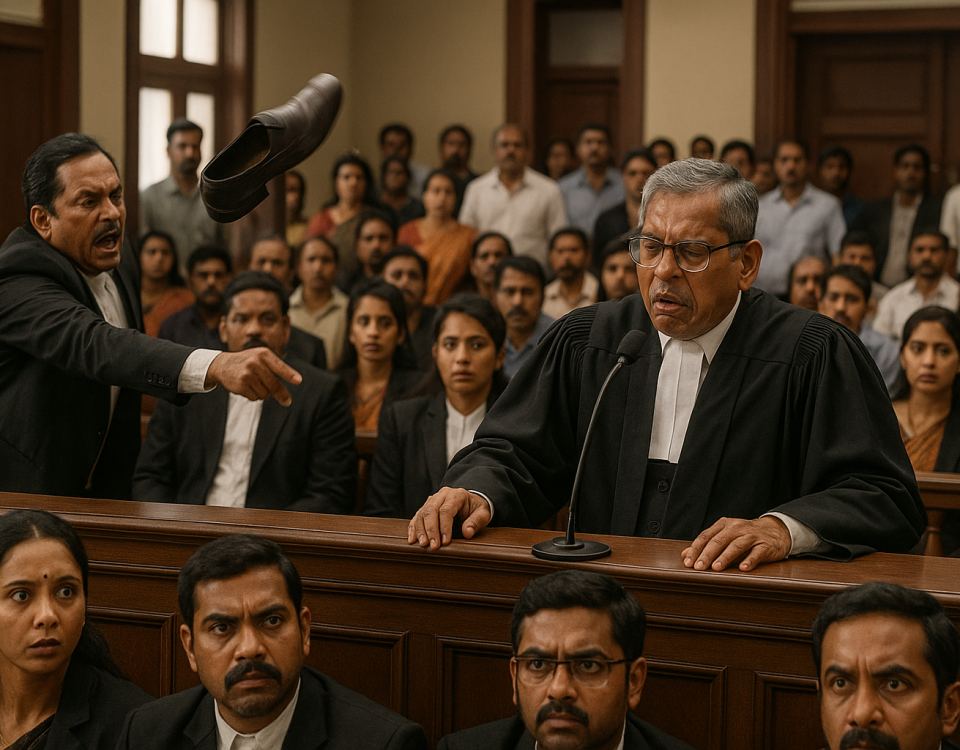India Upholds Freedom of Press Amidst China’s Actions
China’s recent expulsion of Indian media journalists working in the country has raised concerns about press freedom and bilateral relations. In a series of tit-for-tat moves, the last remaining Indian journalist was ordered to leave China by the end of this month, following the earlier departure of another journalist whose visa was not renewed. These actions have further strained the already delicate relationship between India and China.
The Indian journalist community in China experienced a significant setback earlier this year when two journalists were barred from returning in April due to frozen visas. At the beginning of 2023, there were four Indian journalists working in China, and the recent developments have left only one journalist awaiting visa renewal in India, according to a report by timesofindia.com.
China has accused India of discriminatory and unfair treatment of its journalists. The Chinese Foreign Ministry spokesperson, Wang Wenbin, claimed that Indian journalists have been treated unfairly in recent years, citing the non-approval of visas for Chinese journalists since 2020, resulting in a sharp decline in the number of Chinese reporters in India from 14 to one. In contrast, India emphasized that Chinese reporters have been functioning without any difficulties in the country, as noted in the timesofindia.com report. However, Indian journalists operating in China have faced challenges, according to a Bloomberg report.
The root of this dispute appears to be China’s decision to limit Indian journalists’ hiring of local correspondents and their freedom of movement within the country. Conversely, India has not imposed such restrictions on Chinese journalists operating within its borders. This discrepancy highlights the differing approaches to press freedom and media operations between the two nations.
Chinese foreign ministry spokesman Wang Wenbin has defended China’s actions, claiming that the country has treated Indian journalists with kindness and goodwill, despite the lack of reciprocal treatment from India. However, this assertion contradicts reports that Beijing imposed measures on Indian journalists, including capping employment at three individuals at a time, sourced solely from a pool provided by Chinese authorities, as stated in the Bloomberg report. India, on the other hand, has not imposed any such limitations on hiring or movement.
China’s decision to expel the Indian journalists was framed as a response to India’s earlier action against two Chinese state media journalists in Delhi. New Delhi had rejected the renewal of visas for two journalists from Xinhua News Agency and China Central Television (CCTV). However, it is worth noting that India had previously approved temporary visas for Chinese state media reporters visiting for a Shanghai Cooperation Organisation foreign ministers’ meeting in May, indicating a willingness to engage in constructive dialogue.
The strained relations between India and China stem from the deadly clash in 2020, when Chinese troops stationed in occupied Tibet’s border launched a night attack on Indian soldiers in the Galwan Valley of Ladakh. While both countries have engaged in multiple rounds of military and diplomatic talks to resolve the conflict, the refusal of China to withdraw from certain occupied areas continues to hinder the normalization of relations.
As India upholds its commitment to press freedom, the expulsion of Indian journalists by China raises concerns about the treatment of media personnel and the free flow of information. It is essential for both countries to find a way to address these issues and foster an environment that promotes open dialogue and mutual understanding.
***







